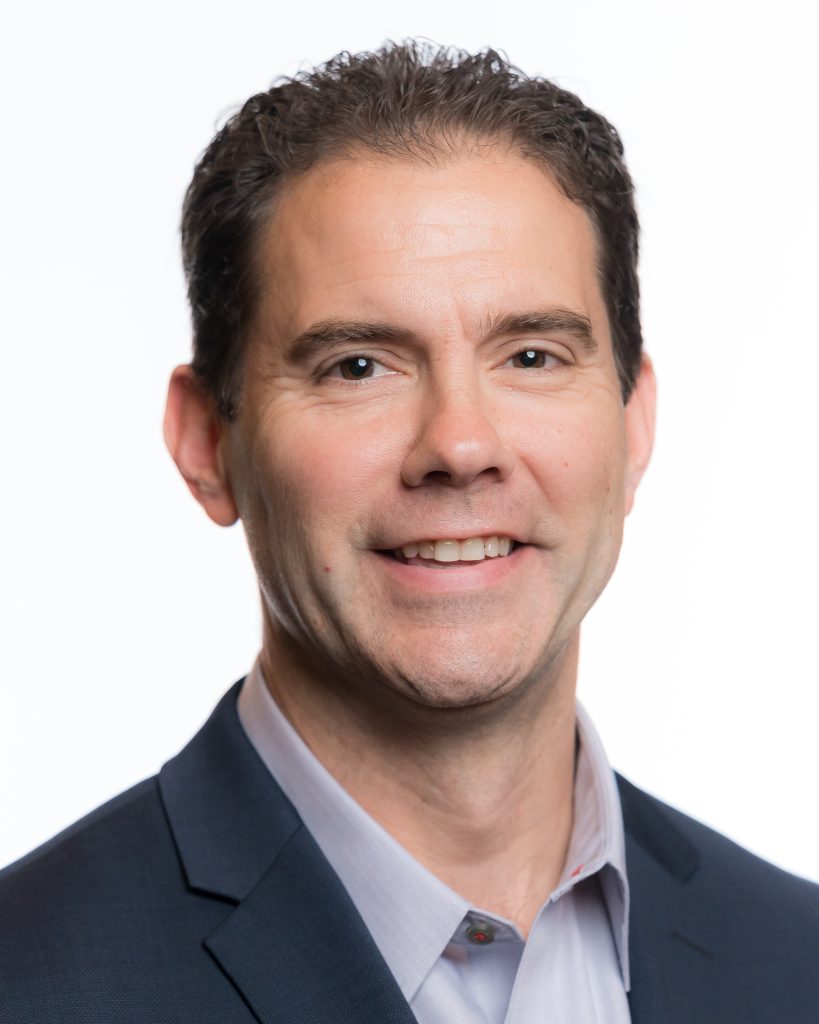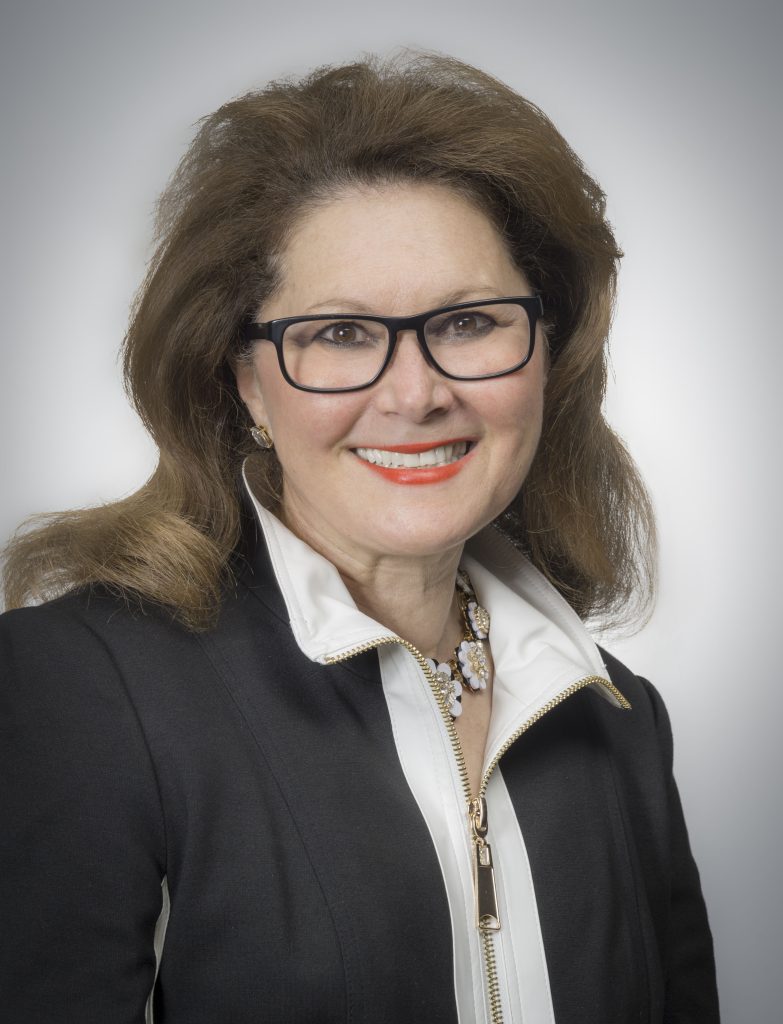As the industry continues to evolve, critical and analytical thinking are now must-haves for supply chain professionals, says one Fox School of Business alum. (Stock image)
The COVID-19 pandemic not only disrupted global trade, it also sparked a profound transformation in the supply chain profession.
Now, as industries rebuild and adapt, supply chain careers are entering a dynamic new era—driven by technology, sustainability and strategic thinking.
To help professionals hone the skills needed for this evolving industry, the Fox School of Business at Temple University has created a new master’s degree program in supply chain management.
“The Greater Philadelphia region, including the Lehigh Valley, is one of the most important logistics hubs in the U.S.,” said Edward C. Rosenthal, professor at the Fox School. “The region is poised for increased growth in supply chain activity.
“Right now, no other local universities offer a master’s in supply chain management,” he said. “We see a critical need for Temple and Fox to fill this gap.”

Tom Cheslock, MBA ’96
Supply chain executive, Pfizer
“Supply chain is everywhere—and that’s what makes it exciting.”
Experts add insight
Fox School alumni Joanne Santomauro, DBA, ‘19, CEO and founder of Ancillare, and Tom Cheslock, MBA ’96, a supply chain executive at Pfizer, say the timing for a new program like this is spot on.
They recently shared their insights on where they believe the industry is headed and what future supply chain leaders need to succeed.
“Before COVID, supply chain wasn’t even a common phrase,” said Santomauro, who has 35 years of supply chain experience managing several commodities across the world. “Suddenly, everything was on allocation, everything was short. We had to reinvent how we operated overnight.”
Cheslock agrees. With nearly three decades of experience across industries—from automotive to pharmaceuticals—he believes COVID didn’t just change operations; it elevated supply chain’s strategic value.
“Companies with resilient supply chains became the market leaders during the pandemic,” he said. “It became a differentiator.”

Industry transformation
Both Santomauro and Cheslock emphasized that today’s supply chain professionals need more than traditional logistics knowledge.
“There’s a huge technology piece now,” said Santomauro. “AI, data analytics, predictive modeling—these are essential.”
She also noted that critical and analytical thinking are now must-haves for supply chain professionals.
“The days of taking instructions and following a step-by-step guide are over,” she said. “You have to think outside the box every single day.”
Cheslock added that digital fluency is becoming essential.
“Planning, sourcing, logistics—it’s all system-based and happens in real time,” he said. “Students need to be comfortable navigating enterprise-wide platforms and interpreting data.”
Sustainability is also quickly emerging as another driving force behind the industry’s evolution.
“We’re seeing a shift from air to ocean freight, investing in reusable packaging, and digitizing paper-heavy processes,” Cheslock said. “Sustainability is no longer optional—it’s expected.”
In addition, Santomauro noted another consideration for supply chain professionals that can’t be overlooked.
“You have to anticipate how political changes will impact availability, compliance and delivery,” she said. “That awareness needs to be part of every supply chain education.”

Joanne Santomauro, DBA, ‘19
CEO and founder, Ancillare
“There’s a huge technology piece now. AI, data analytics, predictive modeling—these are essential.”
Experience and excellence
The Fox School’s new 30-credit master’s program in supply chain management focuses on preparing students to further their expertise and credentials in the operations and supply chain management field.
“The program was developed through conversations with our Supply Chain Advisory Board, through playing to our departmental strengths as well as regional needs, and through benchmarking and competitive analysis against regional players,” Rosenthal said.
Not only can students expect a top-tier curriculum, but they will also be learning from people who have firsthand knowledge and experience in the industry.
“Our supply chain faculty members have a mix of industry experience as well as research excellence,” he said. “But what differentiates our program at Temple and Fox from other top supply chain programs is, first, our program will be smaller and more personal than degree programs from many of our competitors.
“Second, even though our program is offered online, our presence in the Philadelphia area will enable our students and graduates to network locally and effectively.
“Finally, unlike other programs, this program offers tracks in analytics, information systems and management, which will give our graduates an edge in the job market and more flexibility in their careers.”

Rewarding career
Both Cheslock and Santomauro say they have no regrets about choosing supply chain as a career—even if most people didn’t know the term before the pandemic.
They are also appreciative of increased recognition and visibility for the industry.
“If Starbucks doesn’t have cups or beans, you’re not getting your latte,” he said. “Supply chain is everywhere—and that’s what makes it exciting.”
Santomauro said she can’t imagine doing anything else.
“I love it because it changes every day,” she said. “It challenges you, and it makes a difference—especially when you know what you’re delivering could help save lives.”
Ready to take the next step in your supply chain career? Learn more about the Fox School’s new master’s program here.
